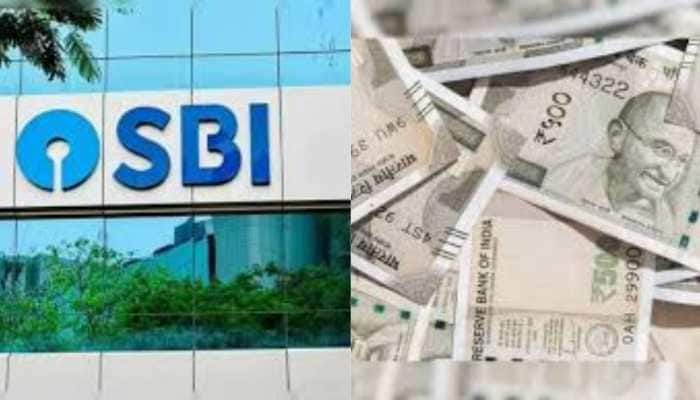India Most Successful In Curbing Inflation Among The Top 10 Economies: PHD Chamber
The effectiveness of the monetary policy has proven strong as the country reduced the inflation by 310 bps from the peak of 7.8 per cent in April 2022 to 4.7 per cent in April 2023.
Trending Photos
)
New Delhi: Industry body PHD Chamber of Commerce and Industry on Friday said India is most successful in curbing inflation among the top 10 economies. Saket Dalmia, President, PHD Chamber of Commerce and Industry, congratulated the government and Reserve Bank of India (RBI) for effective and calibrated approach to curb inflation and maintaining the growth rate of Indian economy.
The effectiveness of the monetary policy has proven strong as the country reduced the inflation by 310 bps from the peak of 7.8 per cent in April 2022 to 4.7 per cent in April 2023, according to a statement from the industry body. The ratio of increase in repo rate and decrease in inflation is 1.24, which means with an increase of 1 basis point in repo rate, the country was able to reduce inflation by 1.24 basis points, according to PHDCCI.
According to PHDCCI, India is ranked second in the effectiveness ratio of policy rates (ERPR) at 1.24 as compared with Brazil ERPR at 4. The analysis has been undertaken for the period of March 1, 2022, to May 15, 2023. The analysis has been undertaken for the period of March 1, 2022, to May 15, 2023. The most important aspect of the inflation tolerance level of the countries has been analysed according to the tolerance level of inflation and the current level of inflation in which India is only 70 bps above the tolerance level of 4 per cent, followed by South Korea which is 170 bps above the tolerance level, the industry body said.
Inflation in Brazil is still significantly above by 260 bps from the tolerance level of 1.5 per cent. The industry body also said overall, India has proven its effectiveness to control inflation from its peak, pulling down it to near tolerance level and effectiveness of the ERPR.
Going ahead, industry body suggested the qualitative measure such as bringing the petroleum products under the ambit of goods and services tax (GST) and strengthening of the global value chains and shifting of the sources of the imports from higher price countries to low price countries and import substitution where India has high imports.
Among others, it also included enhancing indigenous production possibilities where there is high demand for the products and measures for preventing hoarding of the essential commodities to stop price accelerations would go a long way to stabilize inflation trajectory within the targeted range of RBI.
Stay informed on all the latest news, real-time breaking news updates, and follow all the important headlines in india news and world News on Zee News.
Live Tv







)
)
)
)
)
)
)
)
)
)
